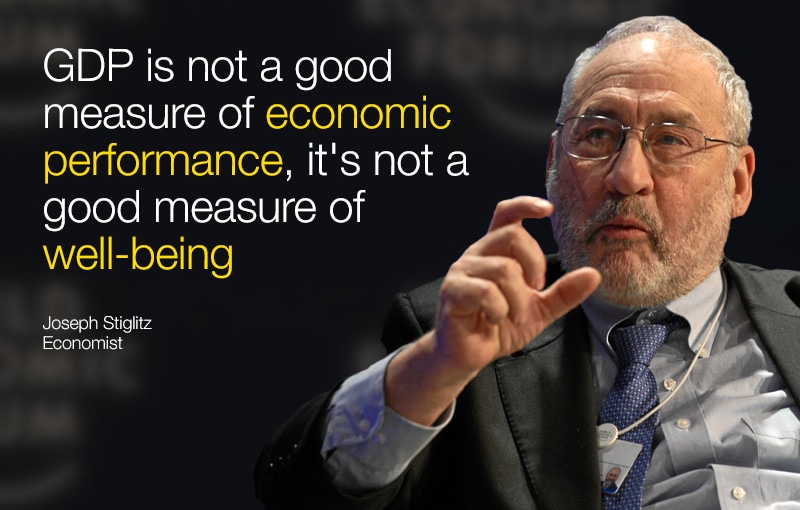Inequality and distribution of wealth?
Yeoh forgot that all Singaporeans are property-owners to some extent. Though we can argue that HDB is not an asset but like LKY used to say, which country in the world helps support every citizen to buy their own property.
The question is whether it is ever possible to regulate the price of land and property in Singapore.
In Singapore, it seems to think it can. I also think land price has gone far too much up in the last decade. As long as average incomes do not keep pace, it does not make sense.
It is the influx of capital of eminent persons in the last decade that is causing the rise in property prices. If we stop that, what other alternatives do we have to encourage future growth? Businesses do not just come here for this small red dot. We are past that phase now.
Then there is a need to have folks that have the ability to contribute to growth here, and of course we have the education system always gearing for that but is that sufficient? Hence here lies the need to have people of real talent to create growth.
As for talent and need to attract talent, Singaporeans are phobic but I think for us, we have no other choice. The issue is not whether we need to attract such talent but the problem is whether there is enough incentives for them to come here at all.
Again we are past the phases of the past to rely on MNCs' investment as we are no longer an attractive place.
The age-old question of arguing that it is more important to distribute bread is no doubt important but Yeoh has to do better - the pertinent question of how to create bread is still by far the greater and most important concern, more urgent than ever for Singapore's next few years as we see every conceivable advantage Singapore has is being eroded away quickly. NOL is clearly a case and it is no longer about Singapore as a hub for the region. Bread distribution is for the political fodder and it looks good for the opposition folks. But generating the capability to create bread is far harder and for Yeoh, you have downgraded yourself to the level of opposition folks. I will you far more credit if you can consider the more difficult question of how to create bread and what I see, it will be treacherous for Singapore.
wait so ur solution(and perhaps PAP's) to all of singapore's economic problems is to turn our country into one giant ponzi real estate bubble?in order to
attract more foreign investment dollars,we keep building more and more condos,and shopping malls,and hdb flats and office towers,and squeezing in fifty
thousand more foreigners into this tiny island to drive up property prices and retail and office rents higher and higher?and encourage locals to take up higher
higher levels of household and housing debts in order to fuel and sustain the property prices?singapore's household debt levels are currently one of the
highest in asia.this is perfectly fine in a economy that is thriving and growing in a expansionary and inflationary phase,but what happens when theres a
economic recession or slowdown and the economy goes into deflationary cycle?
u seem to think singapore will sink into the ocean and be doomed if we somehow are unable to generate and sustain high levels of economic activity,
singapore is a extremely small country and our population minuscule,we probably rank in the bottom 100s of the world,it doesnt take alot or much to sustain
our people.however to satisfy the greed of our ministers and government might be nigh impossible.over the past 50 years of our country's history,thru our
people's hard work and toiling and our government's ingenuity and tactics at "making money",our nation have accumulated wealth and reserves of
gargantuan proportions.our combined soverign wealth funds,GIC and temasek and if u are inclined to include CPF are among the top 10 largest in the world.conservative estimates are 700 billion at least.
despite being a daft and stupid country,our ability to gather and accumulate wealth surpasses that even of large countries like Indonesia or Philippines,countries with
populations that Singapore are only a tiny tiny fraction the size of.we have 1.5 percent of the population of Indonesia and Philippines combined and more
wealth than them.very few countries in the world can experience safety and security like us,if carefully managed and properly invested and the proceeds
carefully disbursed,generations of sinkies can enjoy the fruits of our labour for eons and hundreds of years to come.we may even be able to build a paradise
on this earth for sinkies to enjoy.unfortunately at this time i have no idea which sinkies are currently experience paradise on earth,singapore currently
resembles more of a hellhole.
now singapore is a parasitic economy,so we gotta figure out how to play according to our strengths and weaknesses.what can we do as a parasitic country?
obviously banking and finance sector is a big one and perhaps our main breadwinner,we also got to look at the huge amount of trade we are doing with our
neighbour up north,malaysia which is currently one of our three biggest trading partners.importing and exporting i assume will be another major occupation
for sinkies,since we grow nothing,manufacture nothing and produce nothing,singaporeans have to become a nation of traders,merchants,EXIMs,middle men.
we also have to look back to shipping and NOL.giving up on shipping is ludicrous,it should be one of our fortes and ricebowls,we should be shipping tycoons
like the greeks.how can we not be sailors when our geography and economy demands that we do?
as for what u said about HDB being assets and so called "wealth distributors" in ur PAP manifesto thats another bullshit that must be addressed but thats bullshit for another
day.


